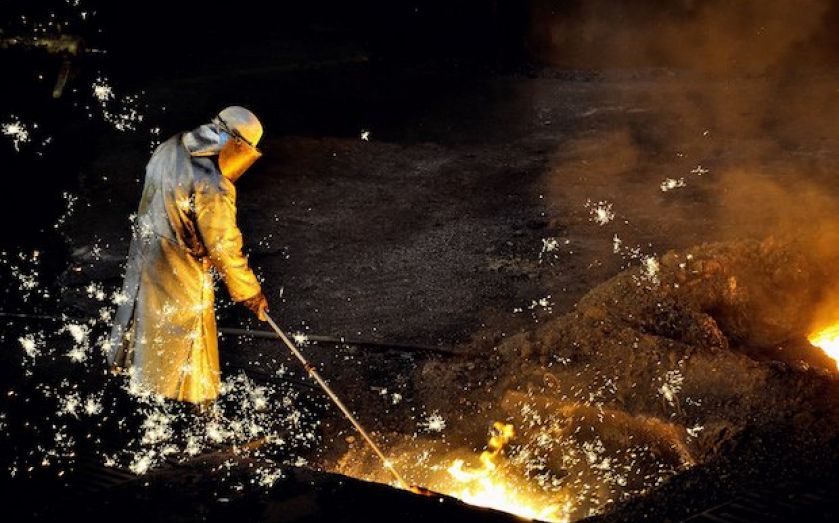EU considers subsidies to industry to tackle crippling energy costs

The European Union may provide state aid to 62 energy intensive industries to reduce the impact of adapting to renewable energy, according to a draft document seen by Bloomberg.
The European Commission would reduce environmental taxes if the beneficiaries covered 20 per cent of the additional costs.
The document is due to be adopted by the Commission as early as 9 April and would be also be used to define state support rules for supporting growth in renewables.
The draft statement said:
The aid should be limited to sectors that are exposed to a risk to their competitive position due to the burden resulting from the funding of support to energy from renewable sources as a function of their electro-intensity and their exposure to international trade.
National governments would also be allowed to provide support to sectors whose power costs mount to a proportion of overall costs of 25 per cent. The aid would be given either in the form of reducing energy charges or in a lump sum.
According to the document, the own contribution of state-aid beneficiaries could be cut to five per cent or even 2.5 per cent.
Europe's energy intensive industries have been taking a hammering due to high energy costs.
In February, 137 CEOs representing EU manufacturing industry put their names to a manifesto calling for major shift in the EU's energy and climate change policy.
Published by the International Federation of Industrial Energy Consumers (IFIEC), the document called for an industrial renaissance to be at the heart of the strategy to move Europe out of its current crisis.
The document highlighted the dramatic decline of European manufacturing over recent years, with industry's share of Europe's GDP down to 15 per cent and 3.5m jobs lost in the sector since 2008.
The European Commission recently confirmed that electricity costs in the EU were two to three times higher than those in the US, with a 70 per cent rise for industry since 2000.
The manifesto explicitly cited government policies such as taxes, subsidies for renewables and regulatory costs as the main cause of rising energy prices.